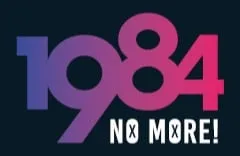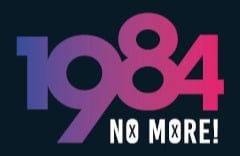The Citizen's Legislature and Citizen's Line Item Veto: How They Work in Practice
In the above video we briefly discuss the how the process of legislating works under a 1984 No More paradigm. After the preemptory legal challenge, the bill goes to the citizen's legislature for a vote. After that it goes to a broad vote of the citizens as a whole for final confirmation. The citizen's legislature and citizen's line item veto are complementary. The citizen's legislature will act as a filter, preventing bad legislation from even getting to a broad citizen's vote. Popular legislation should make it through a first vote, and everything else should fail. This stage also focuses people with detailed deliberations on the bill; they cannot outsource the vote. As a result bad provisions and bills should be able to be identified readily. The citizen's line item veto gives the entire society a final say on the legislation. This empowers every single citizen and also is the most effective deterrent to bribery and blackmail of decision-makers. After all, it is hard to bribe an entire country.
Yes, A Citizen's Line Item Veto is Practical
In the above video we discuss the main objections to a citizen's line item veto. This mainly focuses on four big objections: (1) direct democracy is bad, (2) people will bankrupt the government by voting up all spending and voting down all taxes, (3) it is not logistically possible because there are too many items to vote on and (4) people are too stupid to know what is good for them. We also make reference to the technical objection in terms of online voting which is handled under Agenda Item #1: Open Source Voting.
Median Based Budgeting with a Unified Tax Offset
This video is a more detailed analysis of objection #3 in the prior video, that people will bankrupt the government by voting up all spending and voting down all taxes. Our solution is to handle these issues in the budgeting process utilizing Median Based Budgeting with a Unified Tax Offset. The idea is that each governing body - the lower house, the upper house, the citizen's legislature, and the citizen's as whole - will have to assign a number to every line item in the budget for a given fiscal year. Each body will produce a final number that is the median of all voters. The final budget number will be the lowest number voted on by any body. Spending discipline is then enforced a by "unified tax" that will go up for every dollar allocated in the budget. This will align spending priorities with the pocketbooks of voters and enforce fiscal discipline on a nation.

